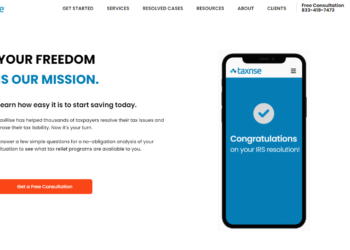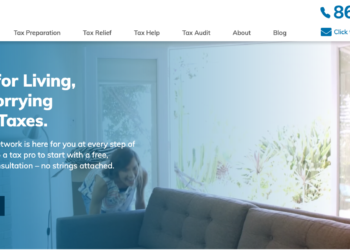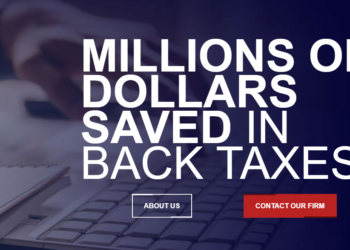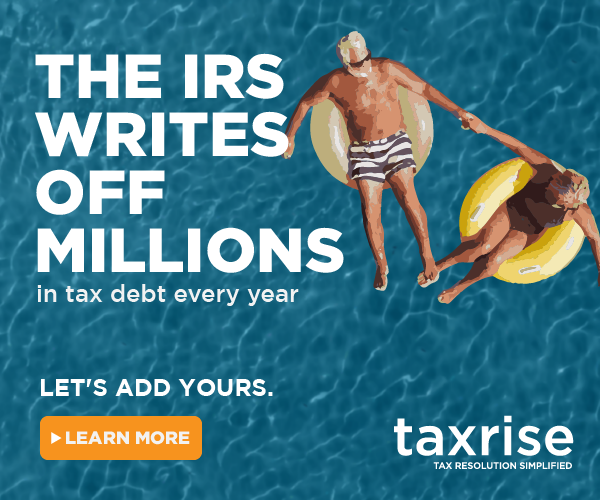The IRS is notorious for being slow-moving, difficult to communicate with, and overly complicated. It’s often miserable to contact the IRS for even the simplest requests, and the IRS is even worse to deal with when you’re trying to resolve your tax debt.
According to the most recent available data from the IRS, more than 18 million Americans owed taxes to the federal and state governments. In addition to this, it is estimated that 10 million Americans face additional tax penalties every single year.
There are ways to avoid or handle tax debt, however, that will (hopefully) not make you want to tear your hair out. These three ways of handling tax debt will help you lessen your penalties, resolve your tax obligation, and move on with your life as quickly as possible.
1. Check Your Eligibility For Tax Relief
Regardless of what you might hear, there are only two options to resolve your tax debt: pay off your tax balance in full, or apply for the IRS Fresh Start Program.
The IRS Fresh Start Program is currently the only legitimate way to find real relief for your tax debt. Often times, it’s easy to see if you pre-qualify for the IRS Fresh Start Program via a short consultation with a tax relief firm.
However, pre-qualifying doesn’t necessarily mean that you’re into the program. There are a number of easily remedied reasons why you might not qualify initially for the IRS Fresh Start Program. To qualify for the IRS Fresh Start Program, you would need to prove to the IRS that you are currently in a financial hardship that would make it impossible for you to pay off your current debt, but the IRS will look for any reason why it would be financially feasible for you to pay.
Of course, regardless of your situation, it’s always in your best interest to check your eligibility for the IRS Fresh Start Program.
2. Make Sure You’re Compliant With The IRS
If you clearly are in financial hardship and in need of tax relief, you may still get rejected from the IRS Fresh Start Program.
This is because you must be completely compliant with the IRS to qualify for tax relief. The main determining factor of maintaining compliance with the IRS is to make sure you are up-to-date with all of your past tax returns.
More than 75% of taxpayers who owe the IRS have unfiled tax returns that they must first file to be accepted into the IRS Fresh Start Program. It is crucial to file your taxes, even if you cannot afford to pay them. The IRS is unwilling to negotiate with taxpayers who have outstanding tax returns.
But be aware: oftentimes, it is more difficult to file past-due tax returns, so it’s usually in your best interest to hire a tax preparer that has extensive experience with the IRS Fresh Start Program. This helps you guarantee that you
If you are unable to fully pay your taxes within 120 days, there are more options offered by the IRS to help you manage your taxes.
3. Tap an expert for assistance
Negotiating your own way through the IRS Fresh Start Program is what usually frustrates Americans into either agreeing to a bad deal with the IRS or abandoning their attempt of resolving their debt at all.
While it is not illegal to owe the IRS, it is illegal to ignore their collection attempts and knowingly avoid them. If you are truly unable to pay your tax bill in full, you may still have a difficult time proving that to the IRS.
Currently, the IRS settles the debt of just under 50% of all offers submitted. However, the top tax relief companies usually have acceptance rates upwards of 90%.
If you do choose to negotiate with the IRS on your own, it may still be worthwhile to contact a tax relief professional for a consultation. Many legitimate firms will offer consultations for free and will be more than happy to give you some clarity on your case.



















